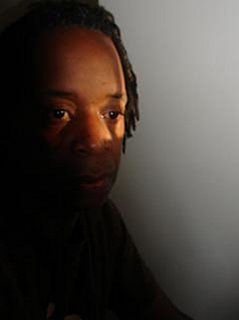BBC News
14 December 2006
Israel's Supreme Court has rejected an attempt to declare
that the policy of targeted killings of Palestinian
militants is illegal.
The court noted that not every killing complied with
international law, but said the legality of operations
should be assessed on a "case by case basis".
The ruling came in response to a petition from two human
rights groups.
In recent years, Israeli operations have targeted many
suspected militants and left dozens of civilians dead.
The practise of targeted killings dates back to the start
of the Palestinian intifada in September 2000
Controversial tactic
The term is used by Israeli officials who argue that the
tactic is a way of killing militants who are about to
carry out an attack or are behind such attacks.
However, Israel has targeted political leaders, and
civilians have often been killed in the attacks.
The tactic is seen by many human rights groups and by some
members of the international community, including Britain
and the European Union, as contrary to international law.
Key Palestinian figures, such as Hamas founder Sheikh
Ahmed Yassin, have been killed in targeted killings.
The operations often involve air strikes, which use
intelligence from agents on the ground to target houses or
cars where suspects are believed to be.
Civilian casualties
The court rejected a total ban saying: "We cannot
determine in advance that all targeted killings are
contrary to international law."
"At the same time, it is not possible that all such
liquidations are in line with international law. The
legality of all targeted killings must be examined on a
case by case basis."
According to human rights group B'Tselem, 339 Palestinians
have died in targeted killings since September 2000, of
whom 210 were suspected militants and 129 were bystanders.
The court said that caution was needed to prevent civilian
casualties.
"Innocent civilians should not be targeted," it said.
"Intelligence on the (targeted) person's identity must be
carefully verified."
The court also allowed for the possibility of compensation
claims from civilians.
The two human rights groups, the Public Committee Against
Torture in Israel and the Palestinian Society for the
Protection of Human Rights and the Environment, filed the
suit in 2002 but a ruling has been repeatedly delayed.
Friday, December 15, 2006
Israel court backs targeted kills
Subscribe to:
Post Comments (Atom)

No comments:
Post a Comment